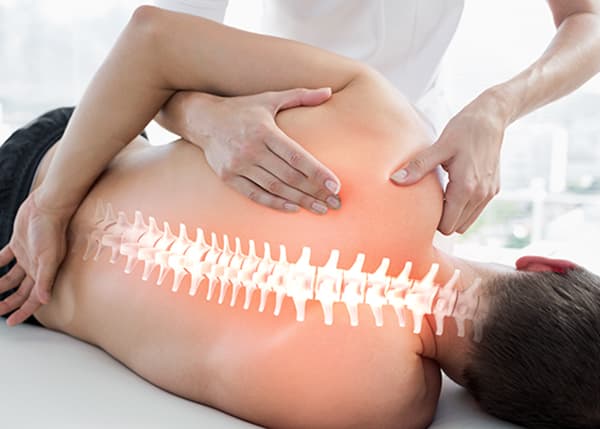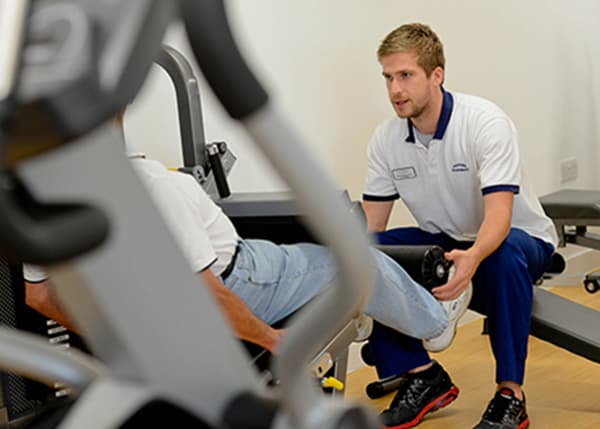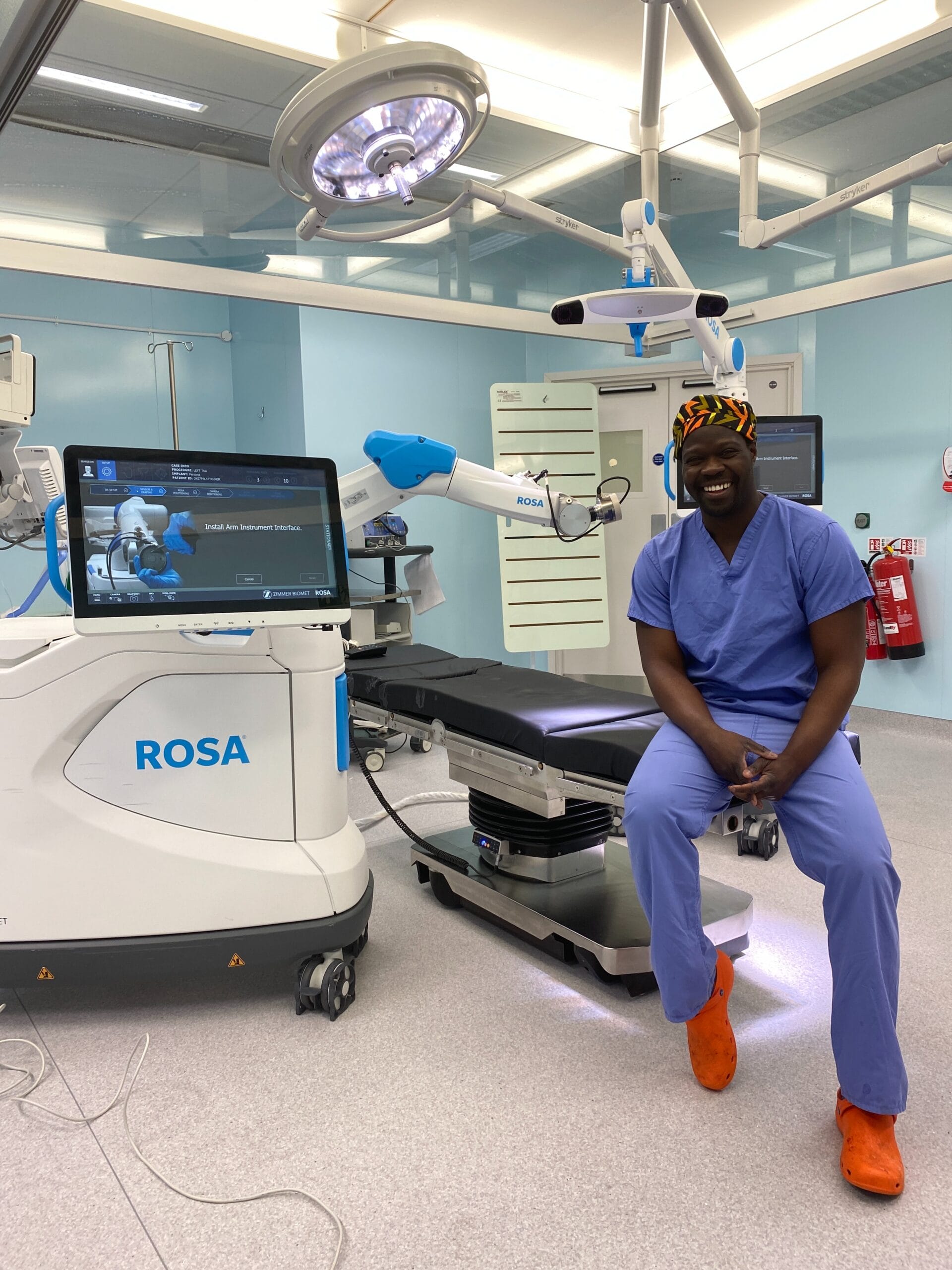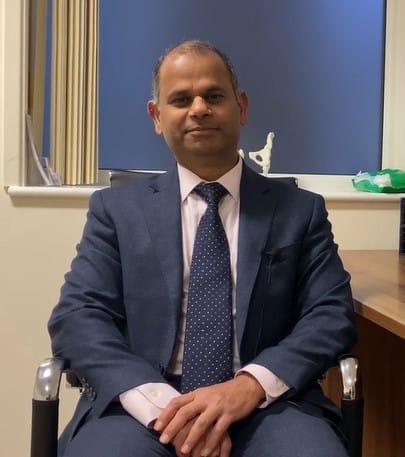By Matthew Carr, Chartered Physiotherapist
‘I know I have Osteoarthritis (OA) affecting my knees as was told by a GP some time ago after she did some x-rays which confirmed mild-moderate OA? In this damp weather, my knees have been hurting a lot more. Have I reached the time when I now need to consider knee replacements?’
OA is one of the most common musculoskeletal problems in our population, second only to back pain. It is a condition where the supportive, cushioning cartilage which covers the end of our bones roughens and breaks down, often causing inflammation and pain. The difficult thing with OA is that it affects everyone differently, with some people having only small amounts of OA and lots of pain and some having extensive OA with minimal pain.
Clinical guidelines recommend that the first line of management of OA should be with non-surgical methods. By addressing the following simple steps, the pain and inflammation you experience from your OA can improve dramatically and in some cases even go away.
1) Advice and education
Make sure you are fully aware of what OA is, what steps should be taken to help manage the pain and inflammation and how you can avoid flaring the symptoms up. I hope this article helps but if you require further information charities such as ‘Arthritis Research Care’ and ‘Arthritis Care’ have some excellent information available on their websites.
2) Appropriate use of analgesia
Pain control medication and medication to reduce inflammation can be really useful in reducing the effects of flare ups of your OA pain and can help keep symptoms at bay. Simple medications such as paracetamol and ibuprofen are often the first choice and can be extremely effective when used appropriately. However, please do seek more advice from your GP or appropriately trained health professional if you have any concerns over what medication you should be using.
3) Weight management
It is well understood that being too heavy worsens the effects of OA. The heavier you are, the more load you will be placing through weight bearing joints such as the hips and knees and if these are affected by OA, you are likely to experience more pain the heavier you are. Losing weight is not always easy, especially if you have painful joints which limit exercise options. However, a good diet and the right exercise will certainly help.
4) Exercise
The pain and inflammation associated with OA effects the muscles supporting the joints making them weaker and less supportive. It is recommended that specific strengthening exercises are provided to work the right muscles to the right level in order to provide better support to the inflamed joint. This is where seeing a physiotherapist can be really helpful to give you a bespoke range of exercise to help you. General aerobic exercise which gets your heart pumping and you a little out of breath is also important to improve the circulation to the affected areas. Again, a physiotherapist is well trained to advise you the best way to do this to avoid flare ups of pain.
5) Footwear advice
If your OA affects weight bearing joints such as the hips, knees or ankles the right footwear can do wonders. Essentially the more cushioning you have to absorb the impact of walking; the less stress goes through your joints.If you have tried all of the above and you are still suffering from high levels or consistent levels of pain that are preventing you from doing your day to day activities, it is a good time to see your GP, knowing you have already done a lot to help yourself to discuss other management options.
We are a leading physiotherapy provider
What makes Horder Healthcare unique
Horder Healthcare is committed to providing the very best quality of care for our patients and customers. We are continuously working on improving and reducing risks and this is reflected in our consistently high CQC results, patient satisfaction questionnaires and minimal levels of infection.
We are a charity
We reinvest our profit to benefit more people and help us achieve our aim of advancing health.









